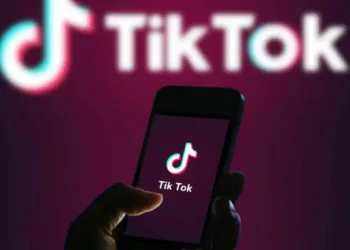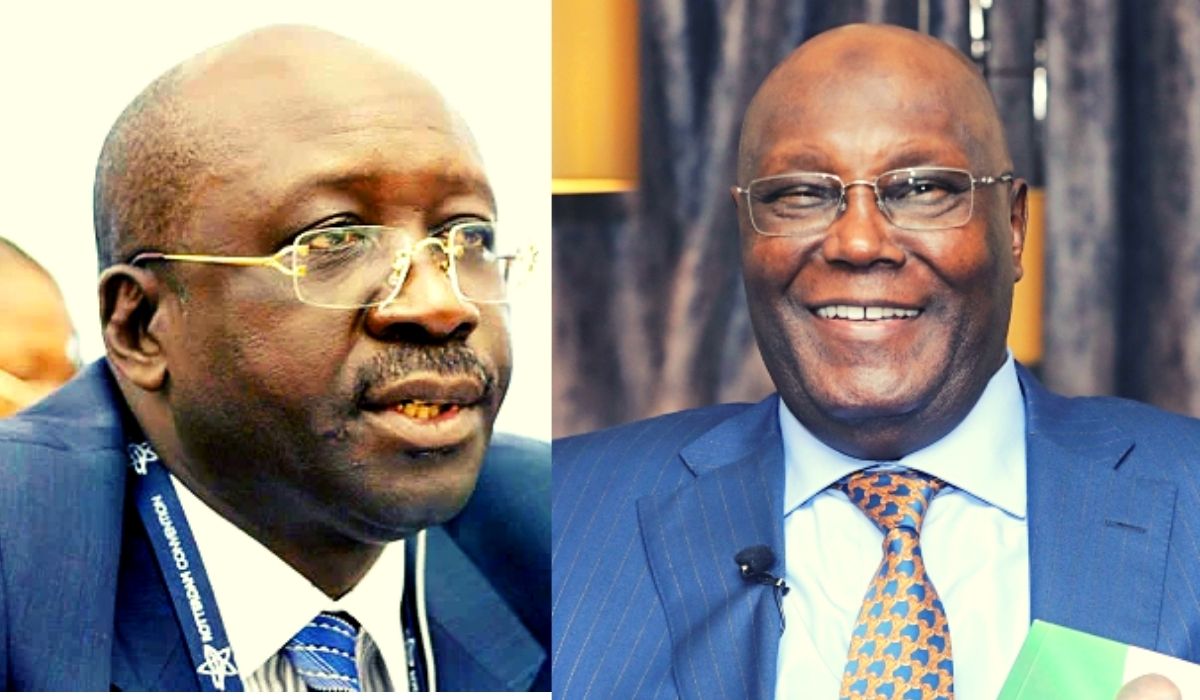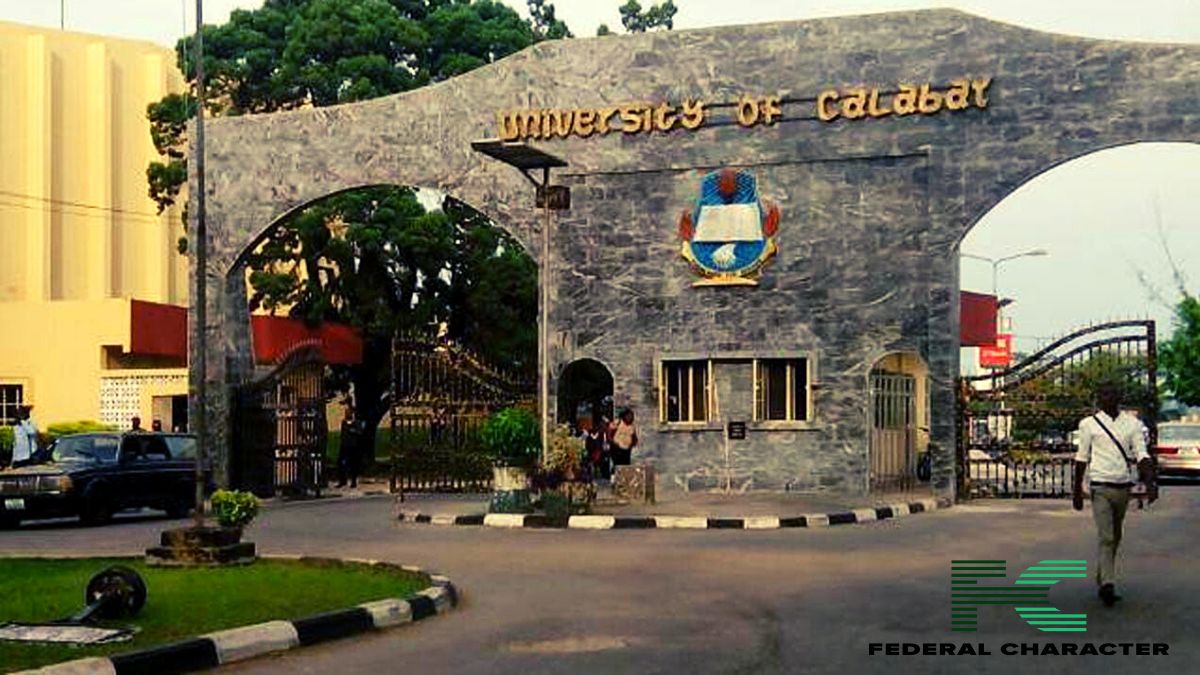A recent court decision has sparked outrage, raising questions about the responsibility of tech companies in the fight against child labor. Five major tech giants – Apple, Google, Dell, Microsoft, and Tesla – were accused of indirectly supporting child labor in the Democratic Republic of Congo (DRC) through their use of cobalt, a key mineral in electronics.
Children in the Mines?
The lawsuit, filed by former child miners, claimed these companies knowingly profited from mines where children as young as six were forced to work in dangerous conditions. The plaintiffs argued that by purchasing cobalt from the DRC, where nearly two-thirds of the world’s supply comes from, the tech giants were essentially participating in this “forced labor venture.”
Tech Companies Win, But Is Justice Served?
However, the court ruled in favor of the tech companies, stating that simply buying cobalt in a complex global supply chain doesn’t constitute “participation in a venture” with child labor. While the judges acknowledged the seriousness of the issue, they concluded the plaintiffs failed to prove the companies had any direct control over labor practices in the DRC mines.

Critics Cry Foul: No Accountability?
Critics of the decision argue it lets big corporations off the hook and provides them with “a strong incentive to avoid transparency” about their supply chains. They believe the tech giants, with their immense resources, have a responsibility to ensure ethical sourcing and prevent human rights abuses.
The Fight Continues: Is This the End?
The plaintiffs are considering further legal action, hoping to hold the companies accountable for their alleged role in supporting child labor. This case, while decided, is far from over, and the debate on corporate responsibility in global supply chains is likely to continue.

















